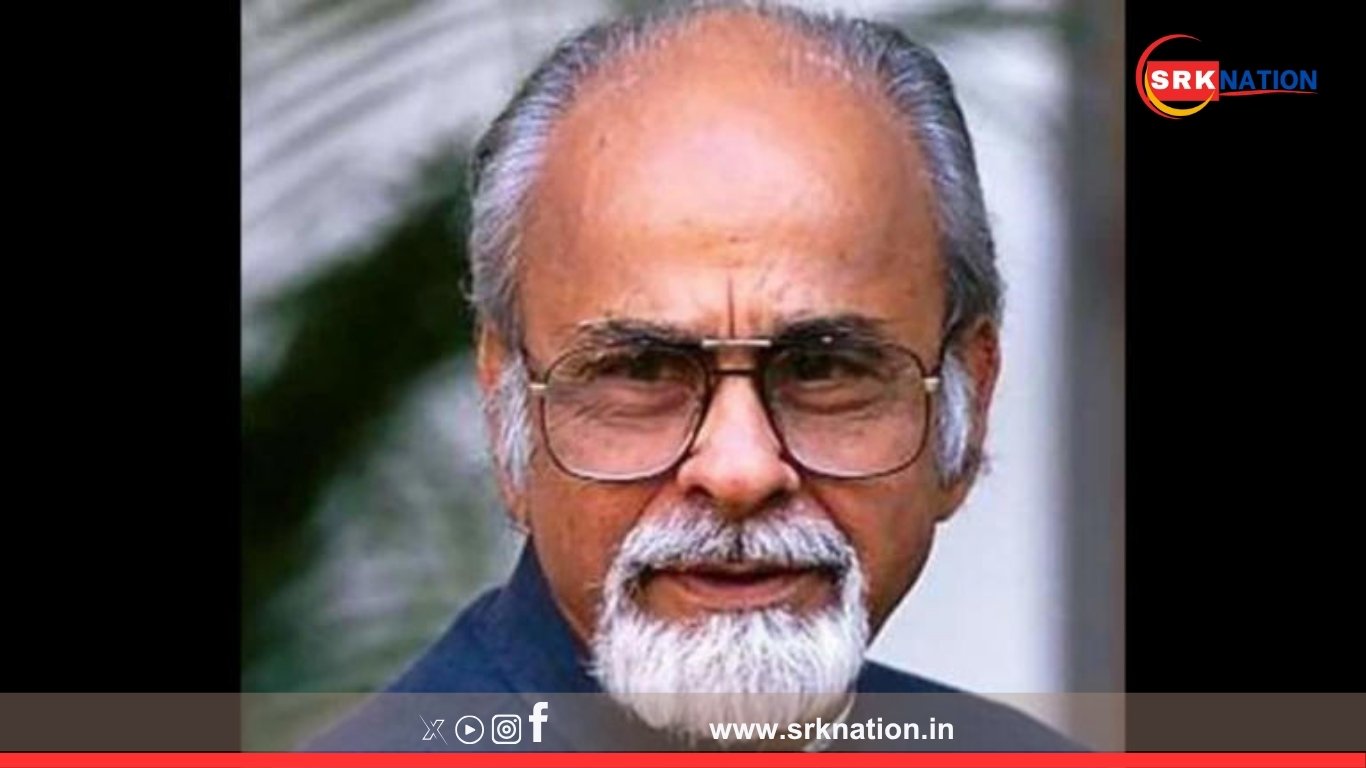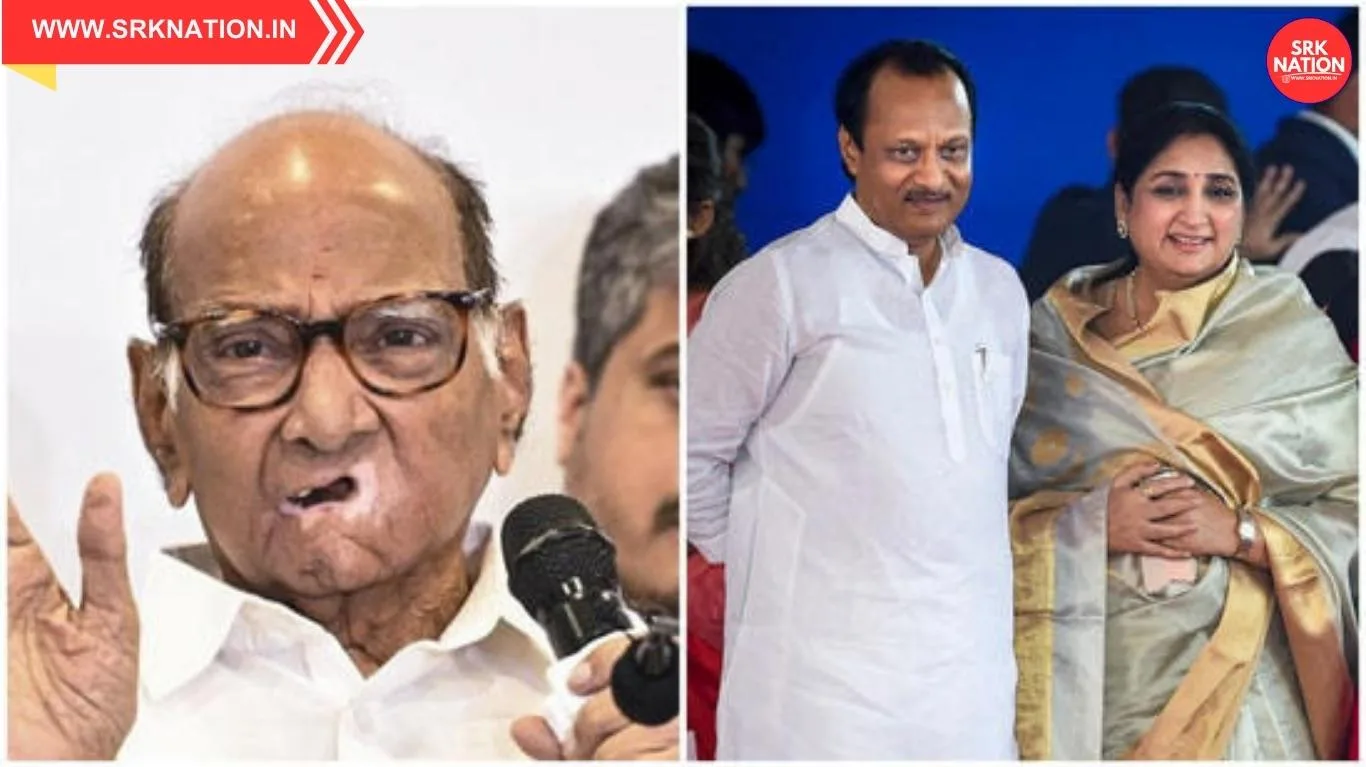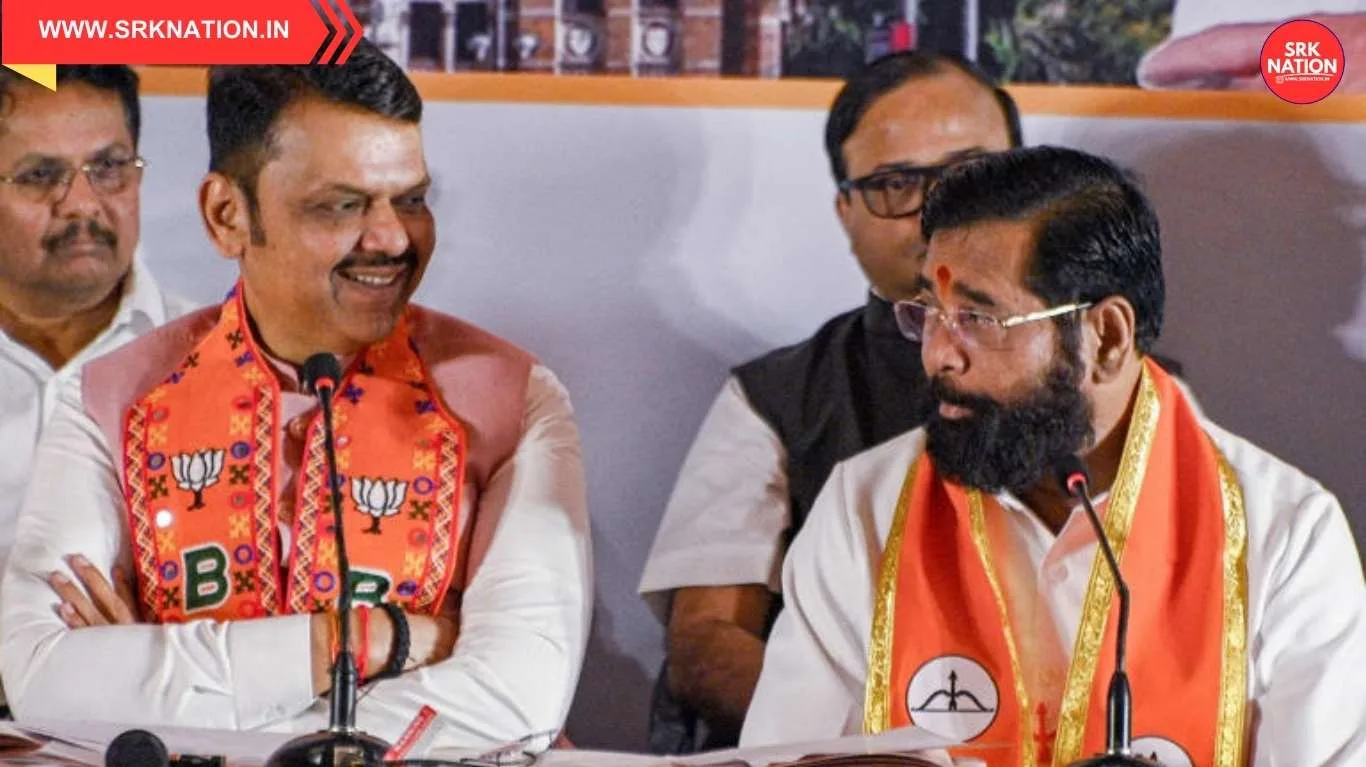Former Prime Minister Indira Gandhi was known for her commanding personality, political sharpness, and an iron-willed approach that defined India’s leadership during her tenure. However, not all memories of her tenure evoke admiration alone. A revelation by former Prime Minister Inder Kumar Gujral about an incident where Indira Gandhi once asked him to “hold her raincoat” during a Gujarat rally has often been cited as an example of her domineering behaviour towards party colleagues.
The Context of The Incident
This anecdote was shared by I.K. Gujral himself in his memoirs and interviews, shedding light on the internal dynamics of the Congress party during the 1970s. At that time, Gujral, who later went on to become India’s Prime Minister between 1997-98, was serving as Minister of State for Information and Broadcasting in Indira Gandhi’s cabinet.
The Gujarat rally incident dates back to the early 1970s when Congress was aggressively campaigning in the state assembly elections. As per Gujral’s recollection, he was accompanying Indira Gandhi to a massive public meeting in Gujarat, amid heavy rainfall and muddy grounds.
‘Hold My Raincoat’ Command
As narrated by Gujral, during the rally, Indira Gandhi handed over her raincoat to him and said bluntly,
“You can’t do anything else. Hold this.”
He described feeling humiliated by her curt command, which highlighted the hierarchical and authoritarian nature of Indira Gandhi’s leadership. Gujral mentioned that despite being a cabinet minister, he felt like an assistant rather than a colleague. The incident remained etched in his memory, representing the style of functioning that ultimately led to fissures within Congress.
Why Was Gujral Relegated To Such Treatment?
Political historians argue that Indira Gandhi’s style was deeply centralised. Her inner circle was small, and loyalty mattered more than competence or seniority. Gujral, known for his independent views, was often perceived as “soft” or “non-confrontational”, making him vulnerable to such dismissive behaviour. He was also seen as an intellectual with strong socialist leanings, which were overshadowed by the political assertiveness Indira Gandhi demanded.
In his book “Matters of Discretion: An Autobiography”, Gujral wrote about multiple occasions where he felt undermined, with the raincoat incident being symbolic of how powerful leaders sometimes treat subordinates.
Impact On Gujral’s Career
Interestingly, despite these humiliations, Gujral remained within the Congress fold for years until he eventually switched to the Janata Dal. His diplomatic acumen and clean image elevated him as India’s External Affairs Minister in the United Front government, and later, Prime Minister in 1997, albeit for a brief period.
His tenure as PM is remembered for the “Gujral Doctrine”, a foreign policy principle emphasising non-reciprocal goodwill towards smaller neighbours, which is still referenced in India’s regional diplomacy discourse.
Indira Gandhi’s Leadership Style: Authoritarian or Decisive?
This raincoat anecdote often resurfaces in political discussions to highlight the authoritarian streak in Indira Gandhi’s leadership. She centralised power within the Prime Minister’s Office, often sidelining cabinet colleagues. Critics termed her regime during the Emergency (1975-77) as dictatorial, while supporters hailed her as a decisive leader who protected India’s unity and sovereignty.
Political analyst Prof. Mahesh Rangarajan explains,
“Indira Gandhi commanded fear, loyalty, and admiration in equal measure. Her approach was hierarchical, influenced by her father Jawaharlal Nehru’s own style but taken to extremes.”
How The Incident Resurfaced in Political Discourse
Over the decades, anecdotes like the raincoat incident have been referenced by political rivals to portray Congress culture as feudal and sycophantic. BJP leaders have used such examples to attack the party’s “high command culture”, especially during election campaigns targeting dynastic politics.
However, Congress veterans argue that such isolated incidents do not define her entire leadership. They highlight her achievements such as:
- The 1971 Bangladesh Liberation War victory
- Nationalisation of banks and abolition of privy purses
- India’s first nuclear test in 1974 (Smiling Buddha)
Graphical View: Key Leadership Traits of Indira Gandhi
| Trait | Impact Area | Public Perception |
|---|---|---|
| Authoritarianism | Cabinet & party management | Often criticised as dictatorial |
| Decisiveness | National security | Praised during 1971 war |
| Populism | Economic policy | Mixed – benefited poor but created long-term deficits |
| Centralisation | Governance | Reduced institutional independence |
| Charisma | Public connect | Strong mass following, especially among rural women |
(Source: Political science textbooks and biographies)
The Human Side: Gujral’s Dignified Silence
Despite feeling humiliated, Gujral maintained dignity and did not rebel openly against Indira Gandhi during that period. His calm personality, diplomatic skills, and intellectual depth earned him respect across parties in later years. When he became Prime Minister, he was widely seen as a consensus builder with no personal political ambition to cling to power.
His understated personality starkly contrasted with the political aggression seen in his predecessors and successors.
Why Does This Incident Matter Today?
The raincoat anecdote serves as a reminder of:
- Power Hierarchies in Politics: Even senior leaders can face humiliating treatment under dominant personalities.
- Changing Leadership Styles: Modern politics increasingly demands inclusivity and respect rather than fear-based loyalty.
- Importance of Dignity: Gujral’s composure despite such treatment made him an enduring statesman remembered for his grace.
Reactions From Political Circles
When this anecdote was re-shared in political debates recently, Congress leaders dismissed it as a “selective interpretation” of Indira Gandhi’s personality, while BJP leaders used it to attack the Gandhi family’s alleged arrogance.
Senior Congress leader Salman Khurshid said,
“Every leader has personal moments of stress. Judging someone’s entire career by one anecdote is unfair to history.”
BJP spokesperson Shehzad Poonawalla retorted,
“This was not one off. Congress culture was always about sycophancy and hierarchy, which is why India rejected them repeatedly.”
Similar Anecdotes From History
The raincoat incident is one among several anecdotes highlighting Indira Gandhi’s imperious style. For example:
- Her curt dismissal of cabinet colleagues’ opinions during the Emergency
- Firing senior Congress leaders who questioned her decisions
- Her famous phrase to dissenters: “I am the Congress.”
Such instances collectively shaped the public image of her leadership as both powerful and feared.
What The Raincoat Symbolises
In political psychology, symbols like the raincoat represent the relationship between authority and subordination. Gujral’s recollection is not about the garment itself but about the dismissal of his professional identity in that moment.
Conclusion
The story of Indira Gandhi asking I.K. Gujral to “hold her raincoat” during a Gujarat rally is not just an anecdote from India’s political history; it is a window into the personality-driven politics of the 1970s. It shows how power dynamics operate within parties, how leaders wield their authority, and how dignity remains a personal choice despite humiliations.
While Gujral is remembered for his humility and intellect, Indira Gandhi remains an enigma – celebrated for her strength and criticised for her authoritarian streak. As Indian politics evolves, such incidents remind us of the importance of respecting colleagues, nurturing future leaders, and ensuring power does not isolate humanity.
Disclaimer: This article is based on historical memoirs, political interviews, and verified publications. It aims to present factual insights without intent to defame any individual or party. Readers are encouraged to refer to official biographies for deeper understanding.











